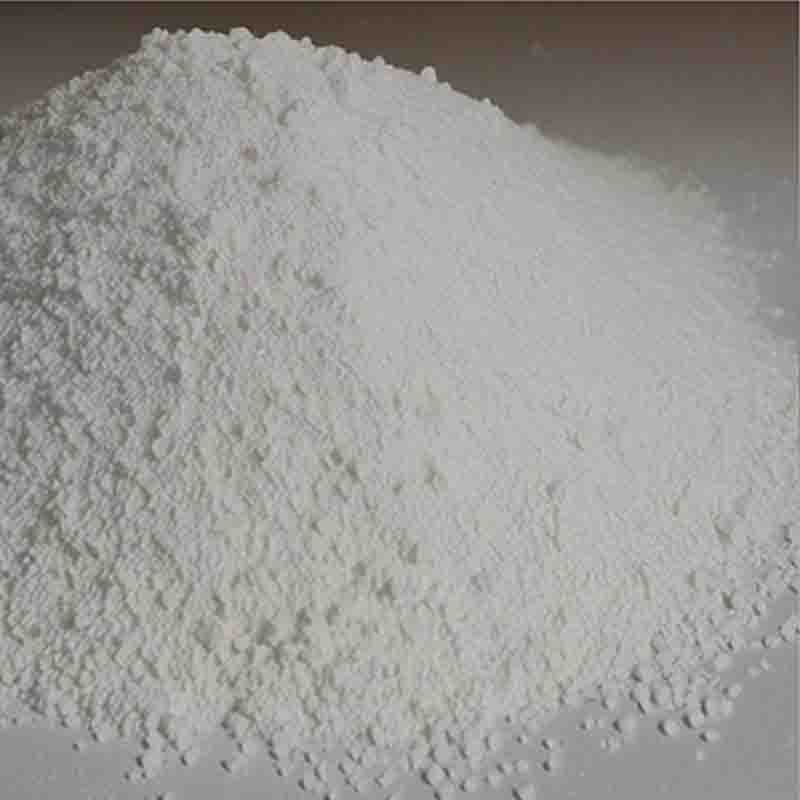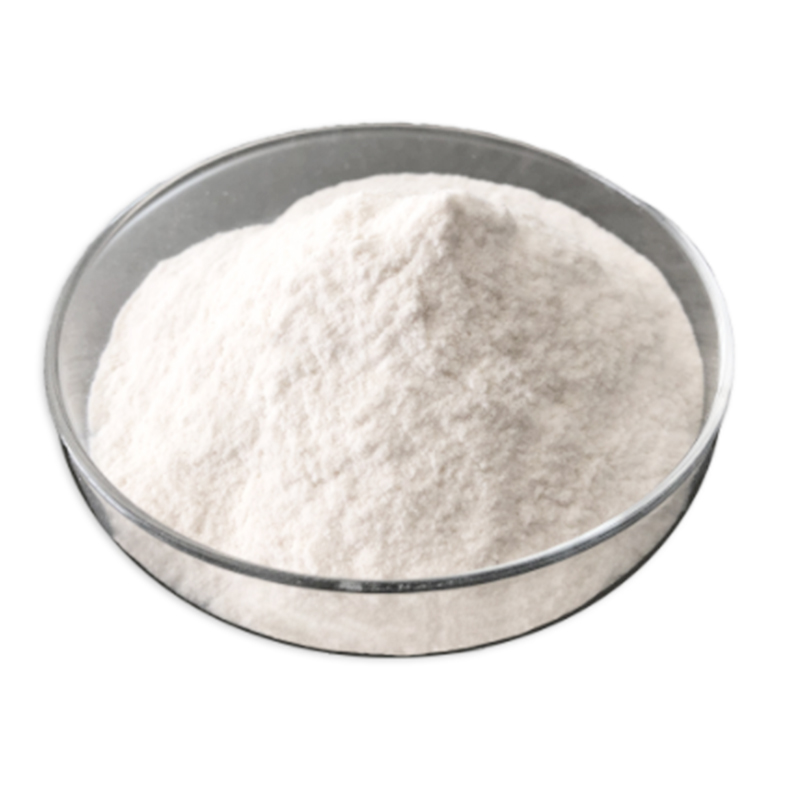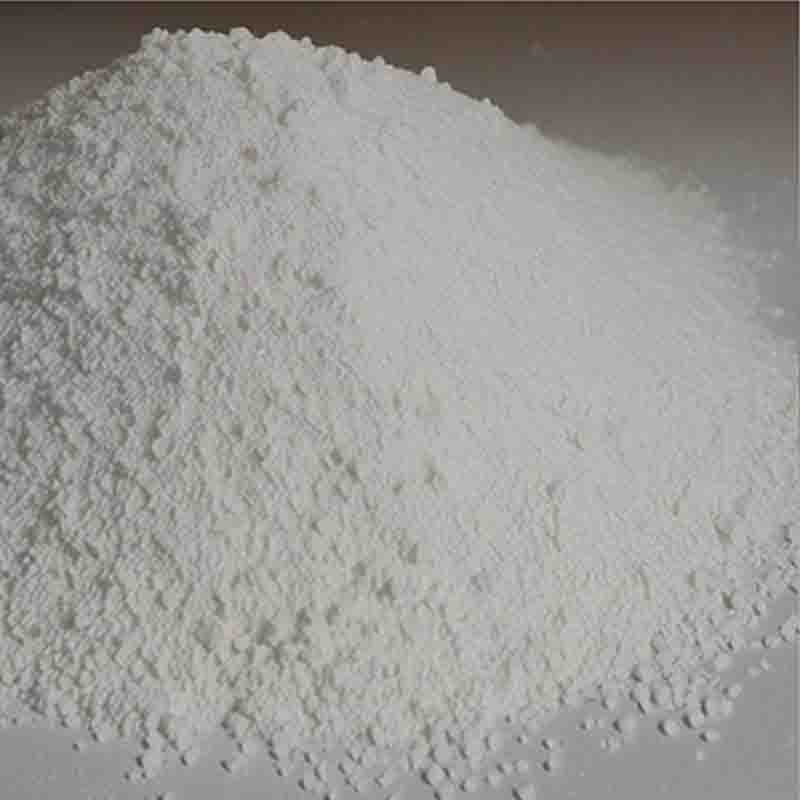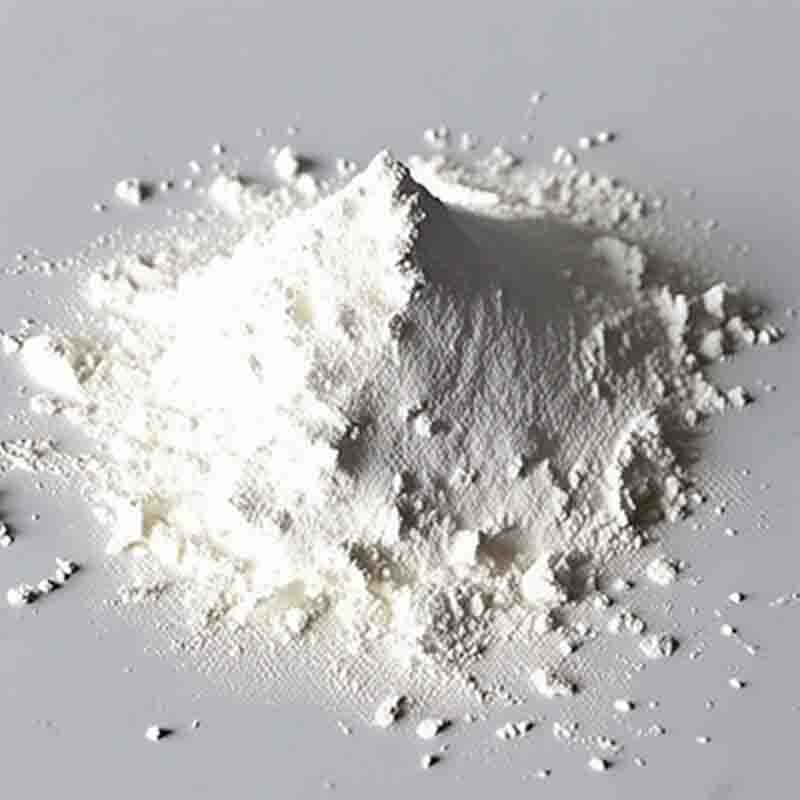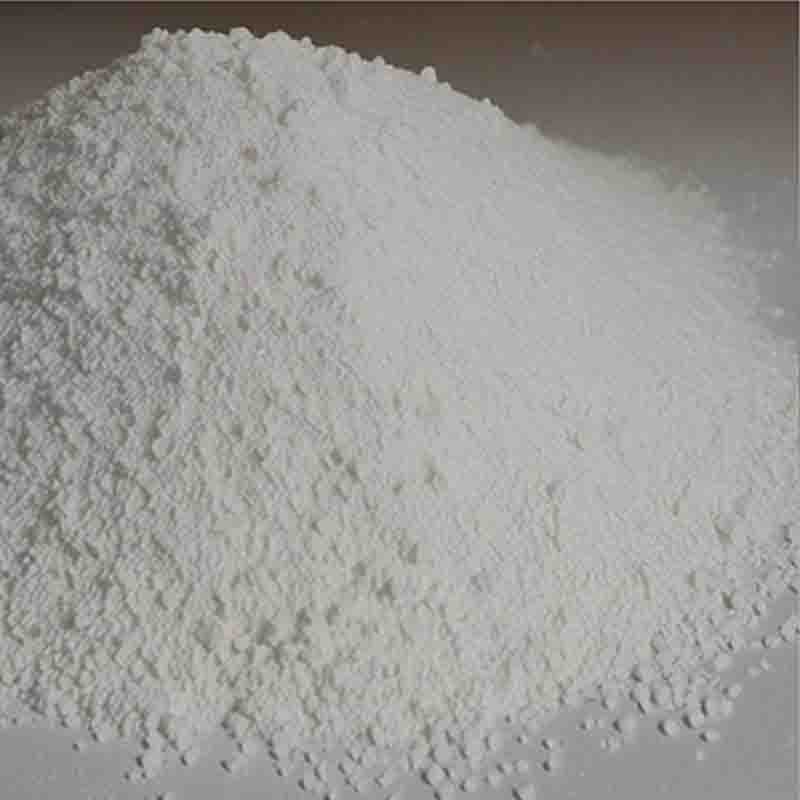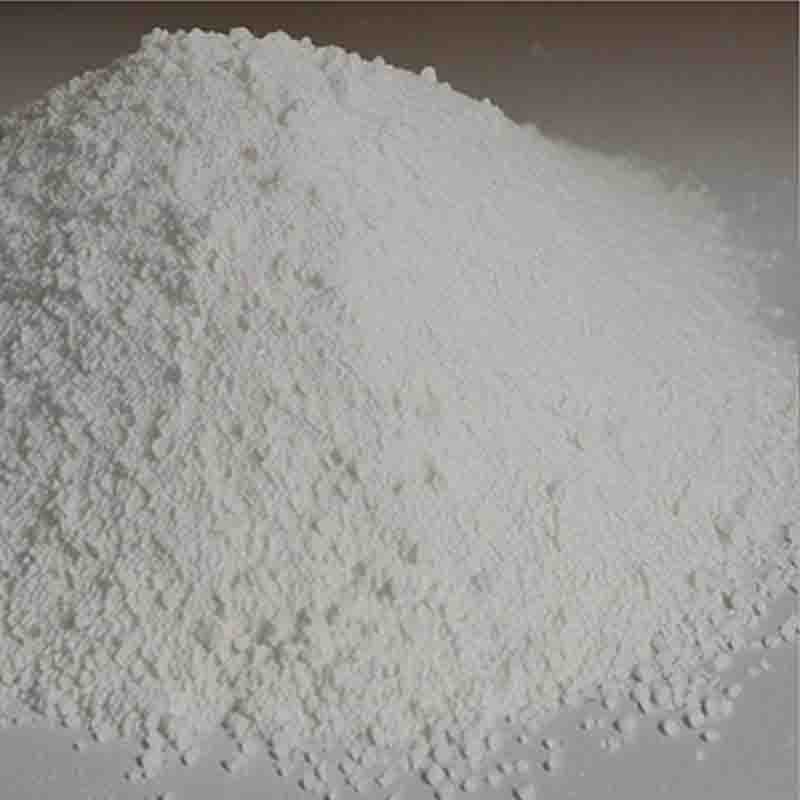Lithiumt-butoxide CAS:1907-33-1
| Catalog Number | XD96256 |
| Product Name | Lithiumt-butoxide |
| CAS | 1907-33-1 |
| Molecular Formula | C4H9LiO |
| Molecular Weight | 80.05 |
| Storage Details | Ambient |
Product Specification
| Appearance | White powder |
| Assay | 99% min |
Lithium t-butoxide, also known as lithium tert-butoxide, is a chemical compound that consists of a lithium cation (Li+) bonded to a tert-butoxide anion (C4H9O-). This compound has several effects in chemical reactions and is widely used in organic synthesis.One of the key effects of lithium t-butoxide is its strong basicity. The tert-butoxide anion is a strong nucleophile due to the presence of the alkoxide group, which makes it capable of attacking electrophilic species. This reactivity is particularly useful in reactions involving deprotonation and condensation reactions. For example, lithium t-butoxide can effectively deprotonate acidic compounds, such as alcohols or amides, allowing for the formation of carbon-carbon or carbon-nitrogen bonds. This makes it a valuable reagent in the synthesis of various organic compounds.Furthermore, lithium t-butoxide can act as a catalyst in several reactions. Its strong basicity allows it to initiate reactions by abstracting protons or coordinating with Lewis acidic species. This catalyst effect is often observed in metal-catalyzed reactions, such as cross-coupling reactions or cyclizations. It can enhance the reactivity of the metal catalyst and promote the formation of desired products efficiently.In addition, lithium t-butoxide can also participate in reduction reactions. It can donate electrons to certain substrates, facilitating the reduction of functional groups. This can be particularly useful in the synthesis of complex molecules, where the reduction of specific groups is required. For example, lithium t-butoxide can be employed in the reduction of carbonyl compounds to alcohols or the reduction of nitriles to amines.Another essential effect of lithium t-butoxide is its involvement in the synthesis of organolithium compounds. When reacted with suitable substrates, it can transfer the lithium cation to generate organolithium reagents. These organolithium compounds are highly reactive and serve as valuable synthetic intermediates. They are used in a variety of reactions, including nucleophilic additions, substitutions, and metalation reactions.In summary, lithium t-butoxide is a versatile compound that exhibits several effects in chemical reactions. Its strong basicity makes it useful for deprotonation and condensation reactions, as well as a catalyst in various transformations. It also participates in reduction reactions and plays a role in the synthesis of organolithium compounds. Overall, lithium t-butoxide is a valuable reagent in organic synthesis, facilitating the formation of complex organic molecules.


